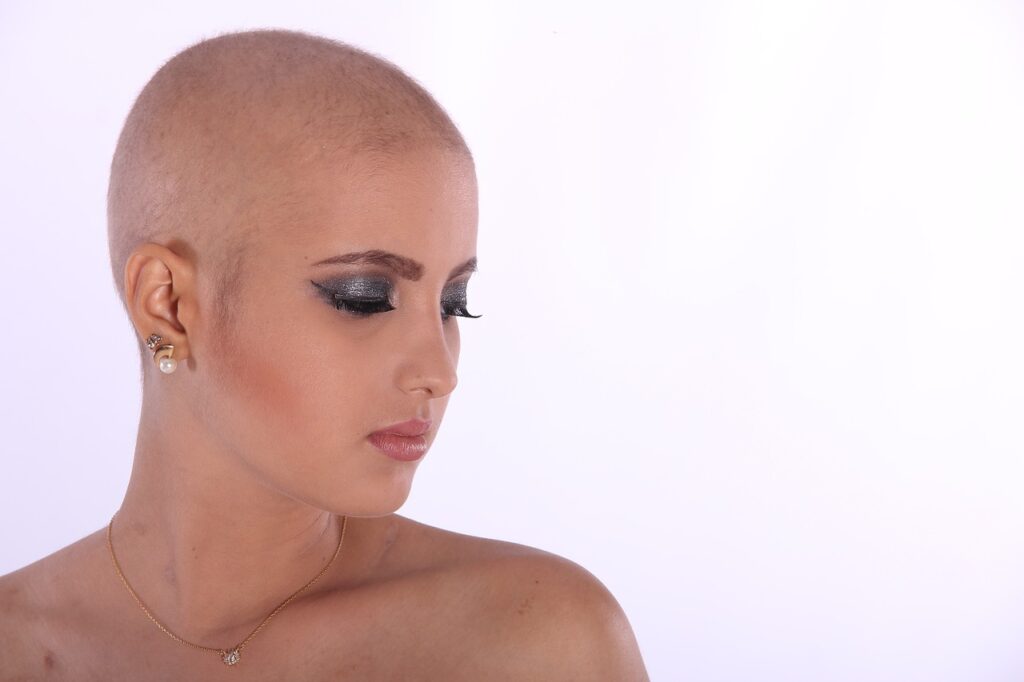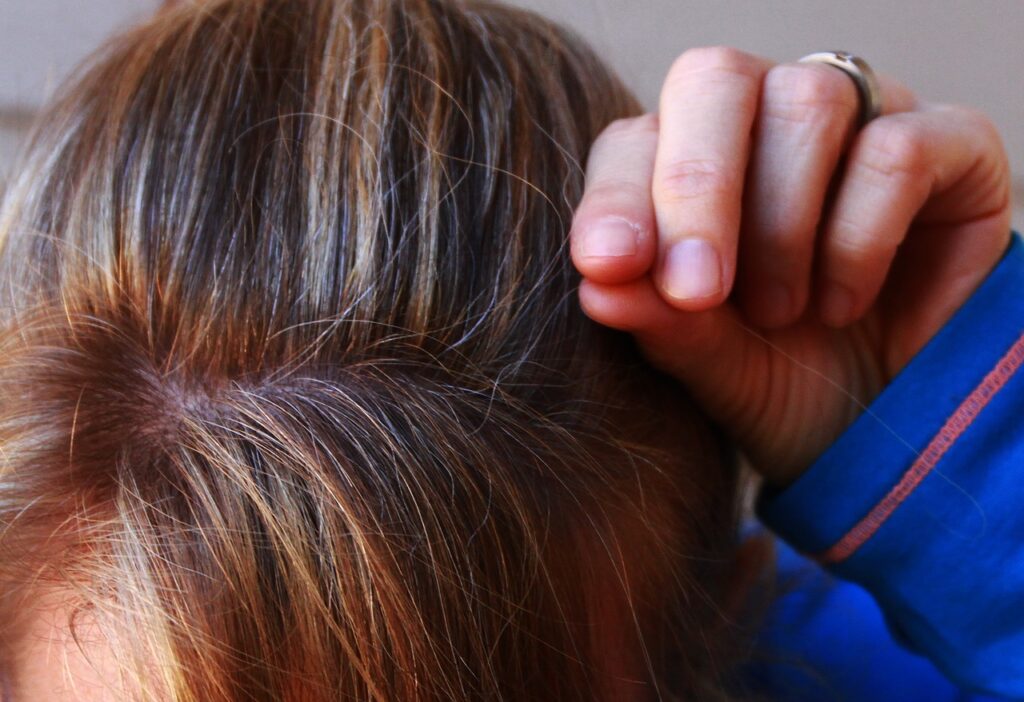Top Causes of Hair Loss in Women
Hair loss usually appears to be more prominent in men, but women are just as likely to experience hair loss or thinning. Hair loss can occur in women at any age, though it is more common in older women. Preventing hair loss is a lot easier when you know and understand the causes. Below are some of the top causes of hair loss in women and ways to deal with them.
Genetics
Women can be genetically predisposed to lose hair. That means that they will progressively experience reduced hair volume as they get older. Unfortunately, you can only manage and not prevent hair loss caused by genetics. Improving hair care techniques is one way of managing the condition. Luckily, you can use afro kinky extensions to give your hair the volume you desire.
Hormonal Changes
Some hormonal changes can result in hair loss in women. For example, starting or stopping the use of hormonal birth control can result in hormone-induced shedding. That can also happen when you change to a different hormonal contraception type. In most cases, hair loss caused by hormonal changes is usually temporary. You can thus use volume enhancing products as you wait for your hair to regain its volume. Also, try avoiding anything that causes hormonal changes whenever you can.
Nutritional Deficiencies
The foods you consume also have a direct impact on your hair’s health. A deficiency in various minerals and nutrients, such as zinc, iron, protein, and vitamin B3, can result in hair loss. The most obvious solution to preventing hair loss caused by nutritional deficiencies is to improve your diet. A blood test might be required to determine the particular nutrients or minerals that you are missing, which you can then include in your meals or use supplements.
Medication
Some medication types can result in chronic shedding. Such include those used for managing hypertension, arthritis, cancer, and depression. This type of hair loss usually discontinues when the medication is stopped. Your doctor may prescribe a different medication, if possible, to discontinue hair loss.
Autoimmune Diseases
Various autoimmune conditions, such as alopecia areata, can result in hair loss in women. That is because the conditions can result in the immune system recognizing the hair follicles as foreign. The immune system then attacks the hair follicles, causing hair to fall out. Your dermatologist can prescribe various treatment options, such as corticosteroid injection, to stimulate hair to grow back.…

